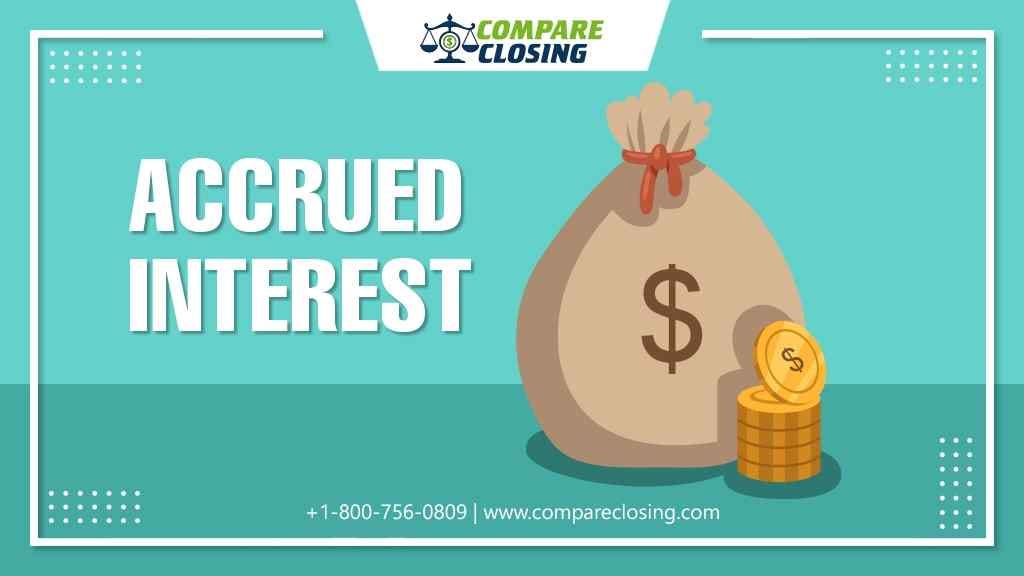
About Accrued Interest
Everyone knows that when you get any loan whether it be a personal loan or a mortgage when you repay, the lender or the bank where you got the loan from will charge you interest on the amount that you borrowed.
There is one term that you might have heard many times during the process of getting a loan that is “accrued interest.”
In this post, we will understand what is accrued interest?
What is Accrued Interest?
Interest is charged on any type of loan that has an interest rate based on a principal amount.
Interest accrual is when you are not paying on the loan and the interest amount is accumulated.
On the loans like interest, only loans where the borrowers are not paying any interest during the initial period of the loan, lender or bank is accruing interest till the time they are due and when you start paying the interest amount, you pay the accrued interest which was accumulated by the lender from the day you got the loan.
How does Accrued Interest Work?
Most of the loans charge interest daily. To make it more convenient for the borrows the lenders will accumulate the daily interest and then pay the entire amount monthly.
This is the place where the “accumulation” in “accrued interest” comes from.
A lot of lenders calculate the accrued interest on a 360-day basis, which is further calculated as 30 days in a month.
Whenever you make your monthly scheduled payments, the lender takes a portion of that amount and puts it toward the accruing interest.
Whereas, the rest of the amount goes towards the principal amount (the original loan amount). The process where your monthly payments are divided into principal and interest is called amortization.
Accrued Interest Example
To understand how the accrued interest works let us take an example here. Now since we all know that accrued interest is the interest rate accumulated by the lender from the last payment to the next payment.
Let’s say a borrower borrowed $150,000 from a lender at an annual interest rate of 5%. The interest amount of $7,500 (150000 x 5%) is charged annually.
Now this interest amount needs to be calculated daily and then monthly. The monthly interest amount comes up to $625 (7500 / 12 ) and the daily interest comes to $20.83.
Let’s say that the borrower took the loan in April and the next payment is due in May. The lender will accumulate $20.83 every day till the payment is due in May.
The formula to calculate the accrued interest considering the above example is (5% x (10/365)) X 150000).
Conclusion
It is important for a borrower to know about the accrued interest. Accrued interest is an element of accumulation accounting, and it keeps the rules of the income acknowledgment and matching standards of accounting.
In accounting the borrowers list accrued interest as an expense on the income statement and a current liability on the balance sheet.
Whereas, the lenders list accrued interest as revenue and current asset respectively. Calculating the accrued interest helps you to make better financial decisions.
https://www.compareclosing.com/blog/what-is-accrued-interest/
Comments
Post a Comment